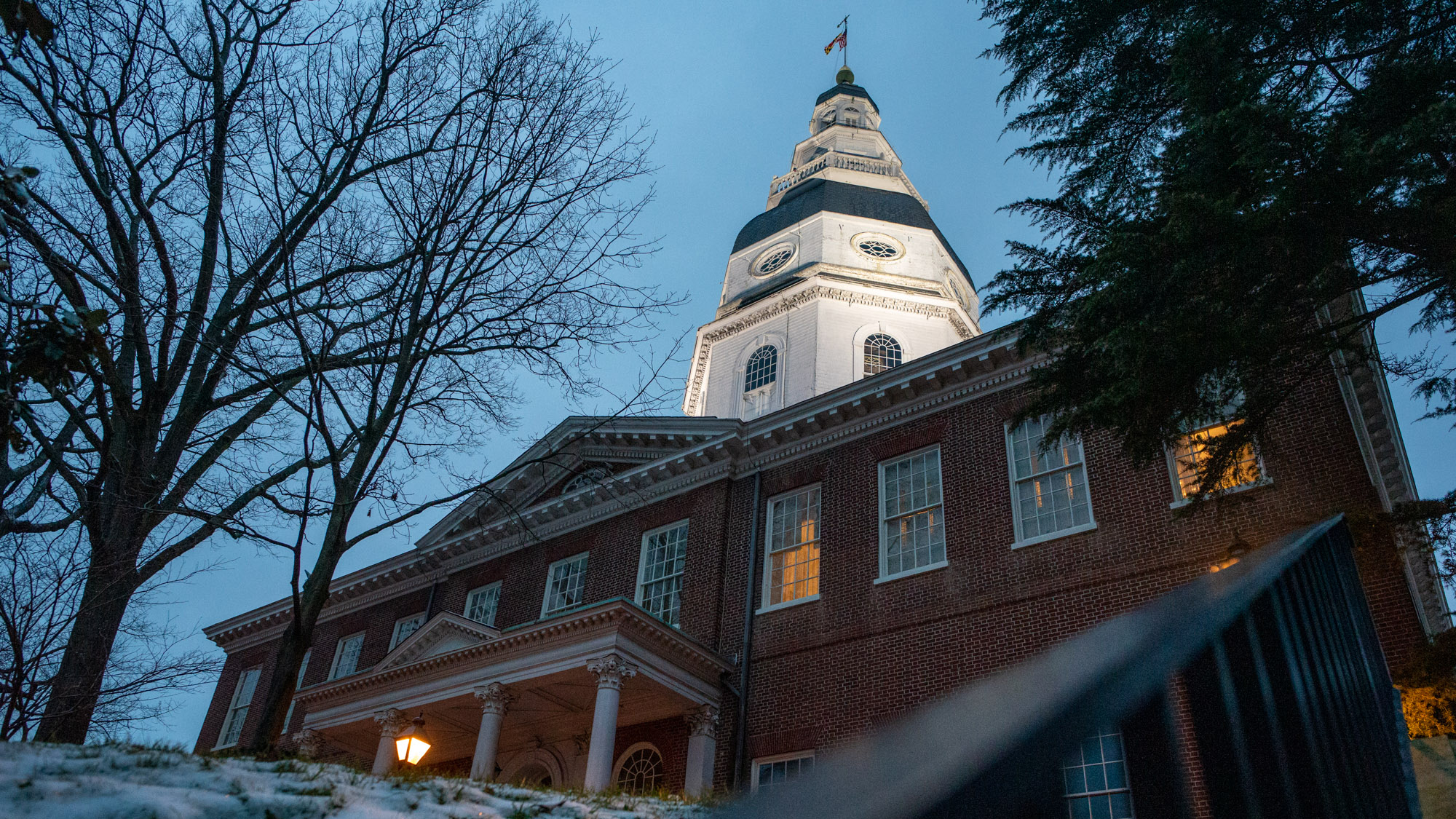In a bill submitted to the Maryland General Assembly, the University of Maryland’s SGA proposed adding a layer of student review to the way University System of Maryland institutions distribute student fees.
In 2019, the university took a $3.9 million budget cut, so to offset losses, this university pulled 5 percent of all campus fund reserves to support ongoing “one-time strategic initiatives.” Some of the reserves the university pulled from included departments such as Dining Services and Resident Life, whose fund balances are mostly financed by student fees.
Ultimately, the university collected a total of $22.98 million — a portion of which were student fees — and used the money to finance projects such as Cole Field House’s sport research center and the replacement of the university’s main power plant.
Driven by this university’s reallocation of student fees, the Student Government Association began developing the bill in October. The Senate hearing for the bill is on March 9.
The bill seeks to ensure revenue from student fees stays with the department that imposed the fee. If a system institution wants to move student fees to finance something other than its originally expressed purpose, the bill would require the institution to allow a student committee to review those changes.
For Ben Baitman, the SGA’s governmental affairs director, the bill may help remedy the ambiguity of the process.
The bill would require more transparency from institutions, said Baitman, who composed the majority of the bill — and it would instate a law all system institutions would have to follow.
[A $1.4 billion proposal from Gov. Hogan could soften the pandemic’s blow to the USM budget]
Though the Board of Regents — the board that sets university system policy — approves the level of mandatory student fees each year, the fees’ application is up to individual institutions, university system spokesperson Mike Lurie wrote in an email.
Under USM policy, institutions must have a committee featuring students play an advisory role in the student fee review process. The Committee for the Review of Student Fees plays this role at this university, issuing recommendations about fee changes.
But under system policy, when institutions retroactively change what operations student fees will go to — like this university did in 2019 — the committee is not required to review that decision.
But the SGA said moving student fees away from their intended purposes was wrong. This university’s Committee for the Review of Student Fees makes its recommendation based on explicitly described purposes in fee proposals, with the understanding that student fees should finance student services that benefit the whole student body.
Some of the services the university directed money to, such as Cole Field House’s sport research center and public-private economic development ventures, involve operations that are not available to the entire student body.
“We are confident in our current process,” said a university statement provided by spokesperson Hafsa Siddiqi. “Students are represented on the Committee for the Review of Student Fees, which ensures they have an appropriate advisory role.”
The student committees would still only act as advisory groups, per the bill. But Baitman said this is still an important step to take.
“It’s about transparency and following a process,” said Dan Alpert, SGA president. “If a process and policies aren’t being in place, then we need laws to ensure that.”
This university’s SGA is very aware of this university’s financial process, Baitman said, but when he spoke with students at other system institutions, he found that many of them were not as “in tune” with their universities’ finances.
[USM university presidents promote COVID-19 vaccine in video presentation]
However, he said, the students he talked to at other system schools were in favor of the bill due to the transparency issues at play.
“[It] gives them a bit more oversight and power,” Baitman said. ”So, going forward, they do have the ability to go to their administration, with their president and say, ‘Hey, here’s this law that you need to listen to.’”
State Sen. Jim Rosapepe (D-Anne Arundel and Prince George’s), the bill’s sponsor, applauded the SGA’s effort.
“I give these folks at the SGA a lot of credit for identifying the issue, formulating a proposal, working constructively to come up with a resolution on this,” he said. “Everybody did a good job.”
Baitman said he’s received positive feedback that the bill will move forward from his talks with legislators. But he does expect pushback from the university system’s full-time, paid lobbyists, he said.
Though Baitman said he respects the work the lobbyists do, he also said they often oppose things that go against the status quo in higher education. But the lack of transparency had consequences Baitman said he wants to try to prevent in the future.
“[The bill] gives us oversight capabilities, and it forces the schools to just be more open and transparent with us and that’s just an extra burden for them,” Baitman said. “I give them that. However, I think it’s a fair burden that we deserve.”



